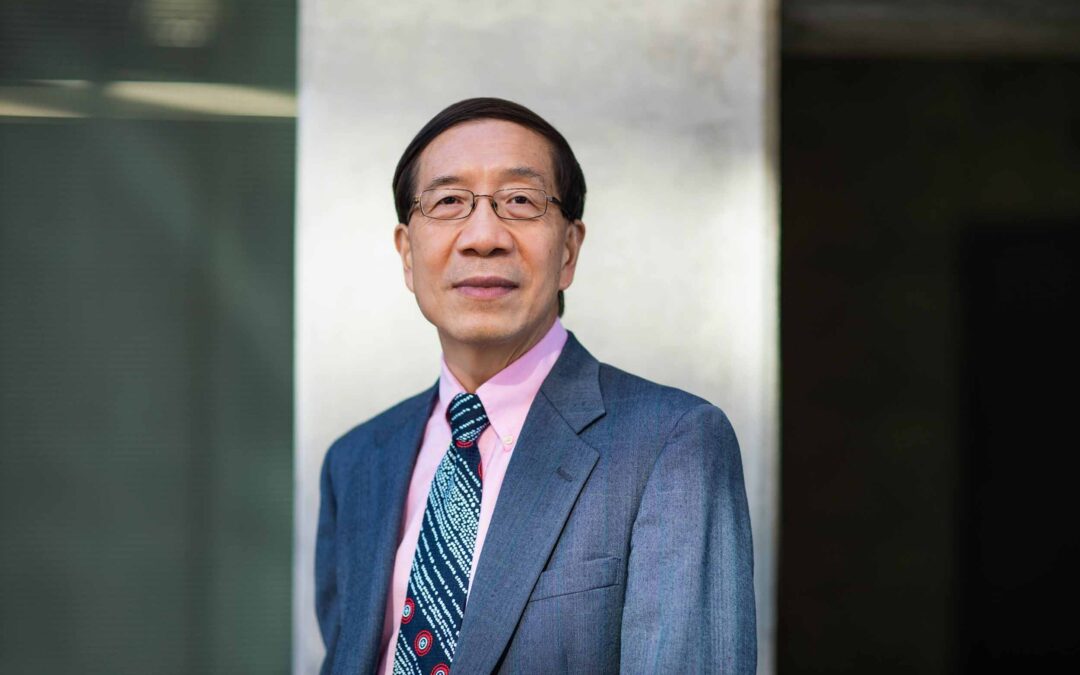How do you become a Regents Professor, the elite of the academic world, specializing in chaos? Sometimes it’s just random.
The hallmark of chaos is called sensitive dependence on initial conditions, which means if you make a small change right now, it’s going to be a big change in the future. It’s also called the butterfly effect. If a butterfly flaps its wings in Brazil, it can cause a tornado in Texas. Despite its apparent randomness, chaos in systems like weather or ecosystems often has patterns.
When Ying-Cheng Lai was a graduate student in the physics department at the University of Maryland College Park, he was selecting a PhD adviser. His first choice was a prominent condensed matter physicist. He made an appointment.
“And I waited for one hour,” Lai said. “He didn’t show up, so I went to my next choice, which was the nonlinear dynamics and chaos group. They welcomed me wholeheartedly. So that’s how I got into chaos. It’s just because (of) such a small change. If the condensed matter professor had shown up in time, I would probably be a condensed matter physicist right now. That’s sensitive dependence on initial conditions.”
This month, the Arizona State University chaos theorist was officially inducted as a Regents Professor by the Arizona Board of Regents.
